Blaqueer[Blacker]Stories
This Black History Month, I'm thinking about omitted Black queer histories and how uncovering and learning from them can lead to revolutionary Black action. And healing.
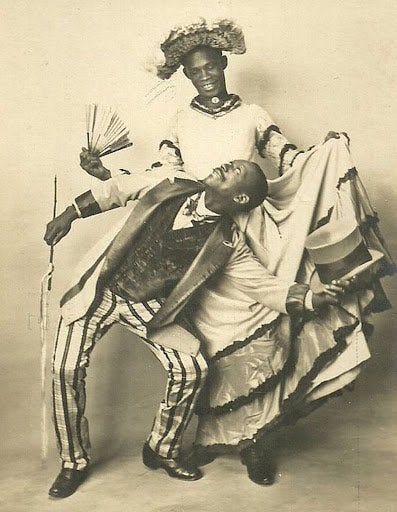
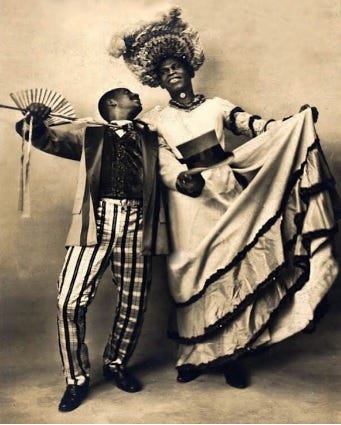

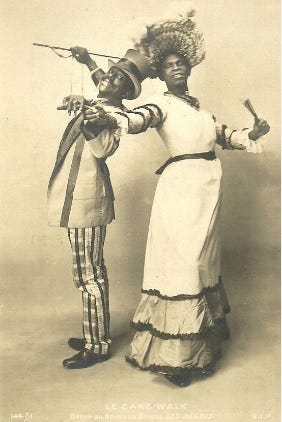
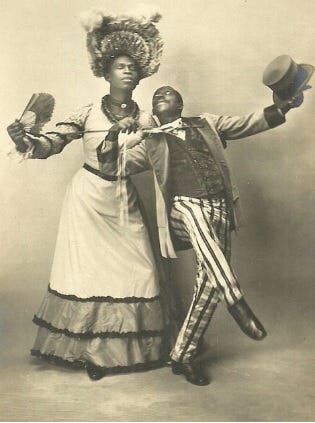
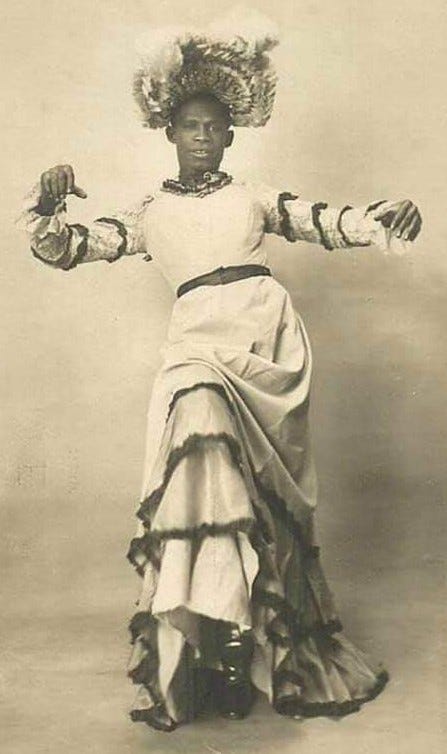
Please note: In this write-up, I am speaking primarily from the point of view of a Black Same-Gender-Loving man to (mostly) the specifics of being a Black Same-Gender-Loving (SGL) man living under white supremacist capitalist patriarchy. There is so much more to be said about how these circumstances change or differ for people who identify in other ways…
Keep reading with a 7-day free trial
Subscribe to Witness to keep reading this post and get 7 days of free access to the full post archives.

